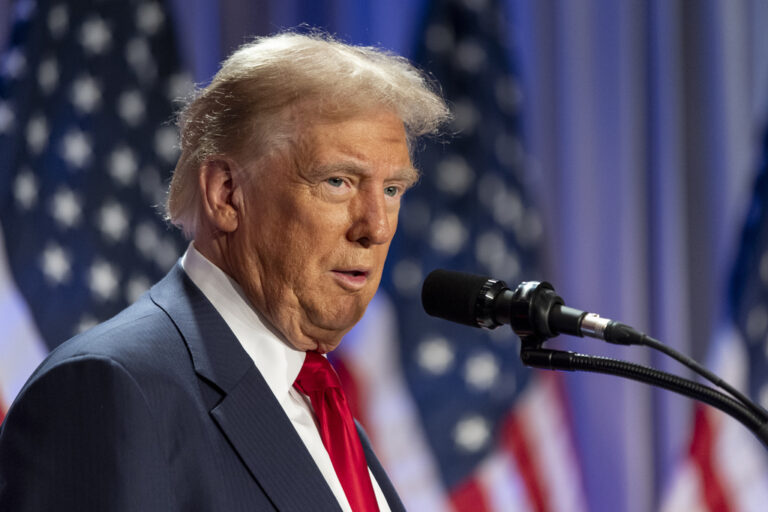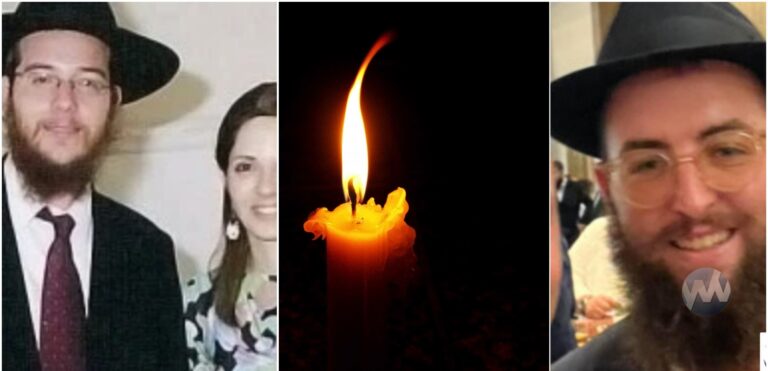MHC: Hollywood was poised Wednesday to end a five-year fight to evict an Orthodox synagogue from a residential neighborhood, with the city agreeing to let the congregation remain and to pay $2 million to settle complaints of religious discrimination.
The deal, which the city offered last week after losing key pretrial motions in the case, was approved by the synagogue and turned over to a federal judge just minutes before a deadline she had set.
The case pitted the rights of worshipers to gather where they choose against the rights of a city to determine the makeup of a neighborhood through zoning rules. Similar squabbles have erupted in other South Florida municipalities, although seldom with such bitterness and vitriol. The city, and by extension homeowners who prodded city officials to oust the synagogue from their midst, took a beating.
But the fight won’t be over until U.S. Judge Joan Lenard approves it, and lawyers on both sides said she may hesitate. The reason: The deal would allow the synagogue to expand, and neighboring property owners have not had a chance to comment.
Attorneys for both sides will meet with Lenard this morning.
She could call a public hearing to allow nearby residents to voice their concerns about the settlement. If swayed, she could toss the deal out and force both sides back to the negotiating table, said Franklin Zemel, attorney for the Hollywood Community Synagogue Chabad Lubavitch.
”Property owners should have an opportunity to come in and voice their opinion,” he said. “I think it’s the right thing to do, but that’s for the judge to decide.”
The settlement was hand-delivered around 2:50 p.m. to the federal courthouse in Miami, just ahead of Lenard’s 3 p.m. deadline.
The judge had postponed the start of trial three times, including twice in the past two weeks, but warned attorneys there would be no more extensions.
Attorneys took Lenard’s stern words to heart, working on July Fourth to get the deal done. A signature conspicuously absent from the agreement was that of Mayor Mara Giulianti, who voted against settling. Agreements of this importance are usually signed by the mayor.
Giulianti refused to sign the resolution commissioners passed 5-1 on Friday despite her objections and directed staff to get Vice Mayor Fran Russo to sign it.
”That’s the only way I could show how strongly I felt, ” Giulianti said. “Sometimes you have to stand up and fight. I don’t think this commission had the guts to fight.”
The commission has taken several stands against the Chabad in the past, but has lost almost every battle.
The dispute started in 2001, when neighbors complained about noise, trash and illegally parked cars at the synagogue, at 2215 and 2221 N. 46th Ave.
The city tried to make the congregation move, eventually filing a lawsuit against the synagogue. The city also beefed up code enforcement and police patrols at the synagogue.
The synagogue countered with its own series of lawsuits, charging discrimination. The U.S. Justice Department joined in on the side of the congregation.
Last month, Lenard ruled that the city’s criteria for granting a special exemption to operate a house of worship in a single-family district were unconstitutional. She also said the Chabad could stay permanently and was entitled to damages.
The Chabad was required to build a sound wall.
Seeing the writing on the wall, some commissioners pushed for the city to settle the case, fearing they would lose big in a federal trial.
Then things really got confusing.
City attorneys announced a settlement deal in court two weeks ago, only to have commissioners renounce it hours later.
In the past month, commissioners, attorneys and the judge have all said they have been confused as to where the case stood.
Now, by settling to end one lawsuit, the city might be faced with several others — this time from nearby homeowners. They have already talked about filing a lawsuit against the city if it settled with the Chabad, saying that the deal would allow the synagogue to expand without their input or city approval.
Neighbors argue that by allowing the Chabad to expand, the neighborhood would be subject to the same noise and parking concerns that started the dispute.
Chabad leader Rabbi Joseph Korf said he has offered to meet with neighbors to address some concerns. Under the current agreement with the city, the Chabad must build a parking lot for the synagogue before acquiring the other two properties.
Still, neighbors protested the synagogue’s presence at a public meeting last week and pleaded with commissioners to take their chances in a trial.










